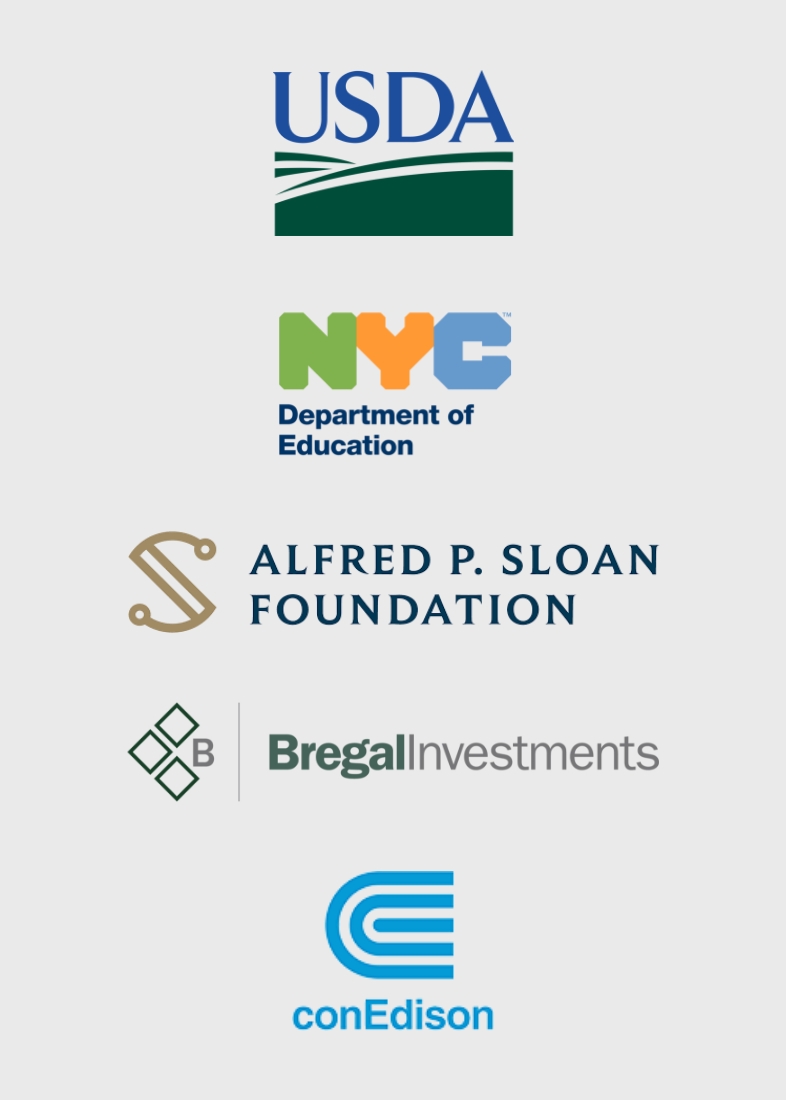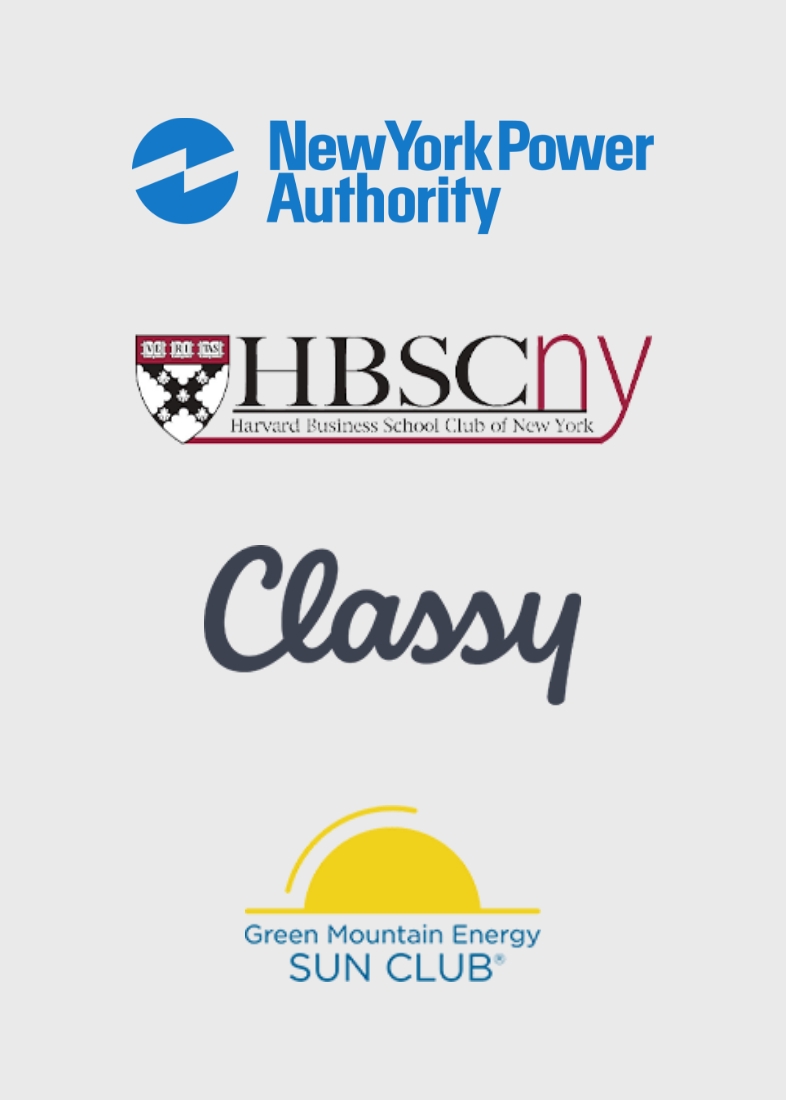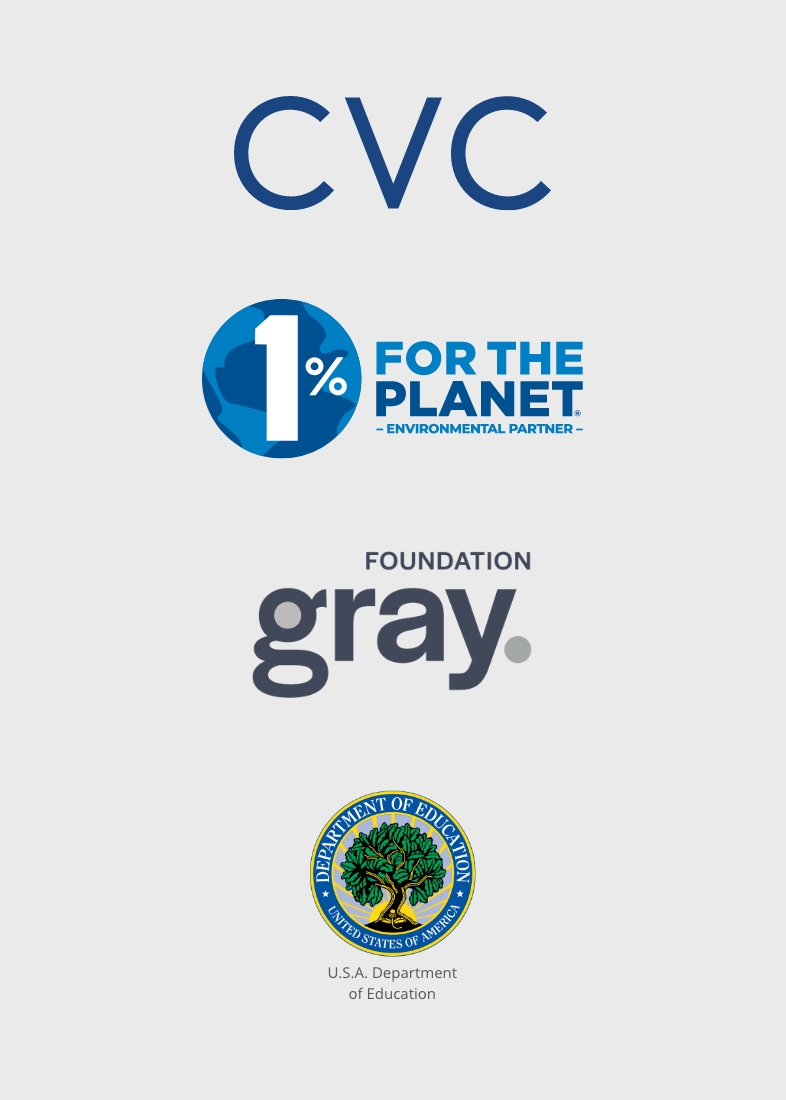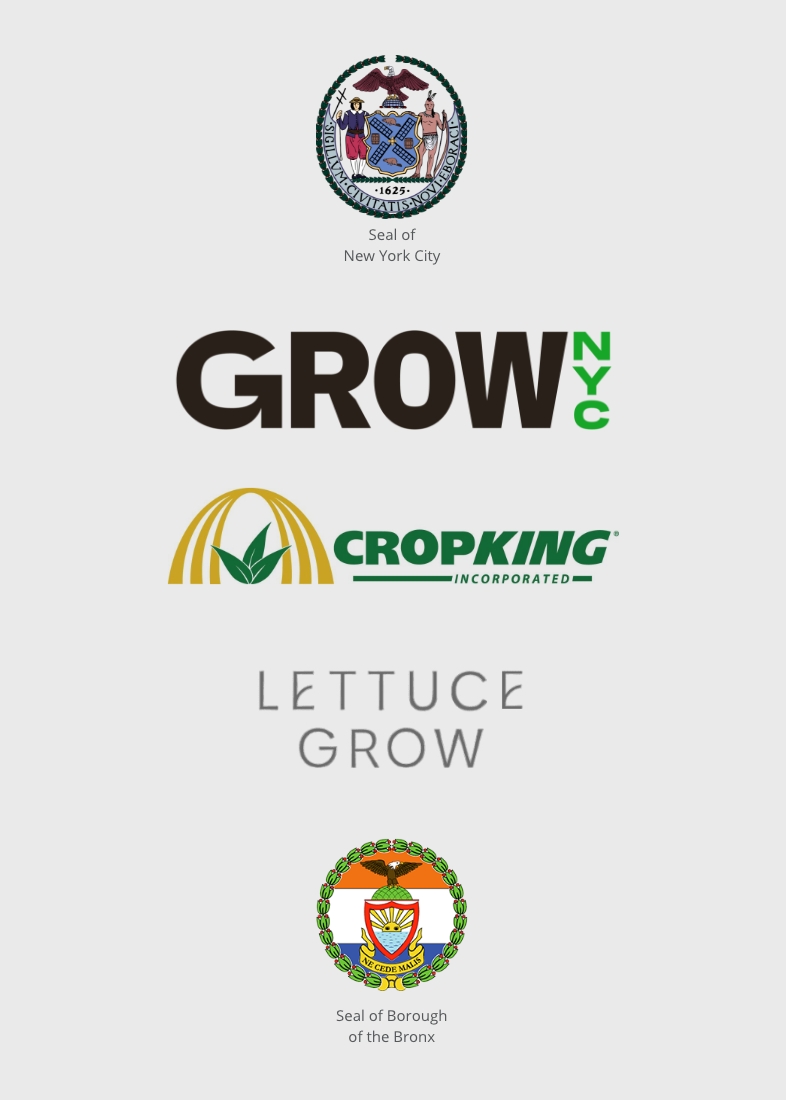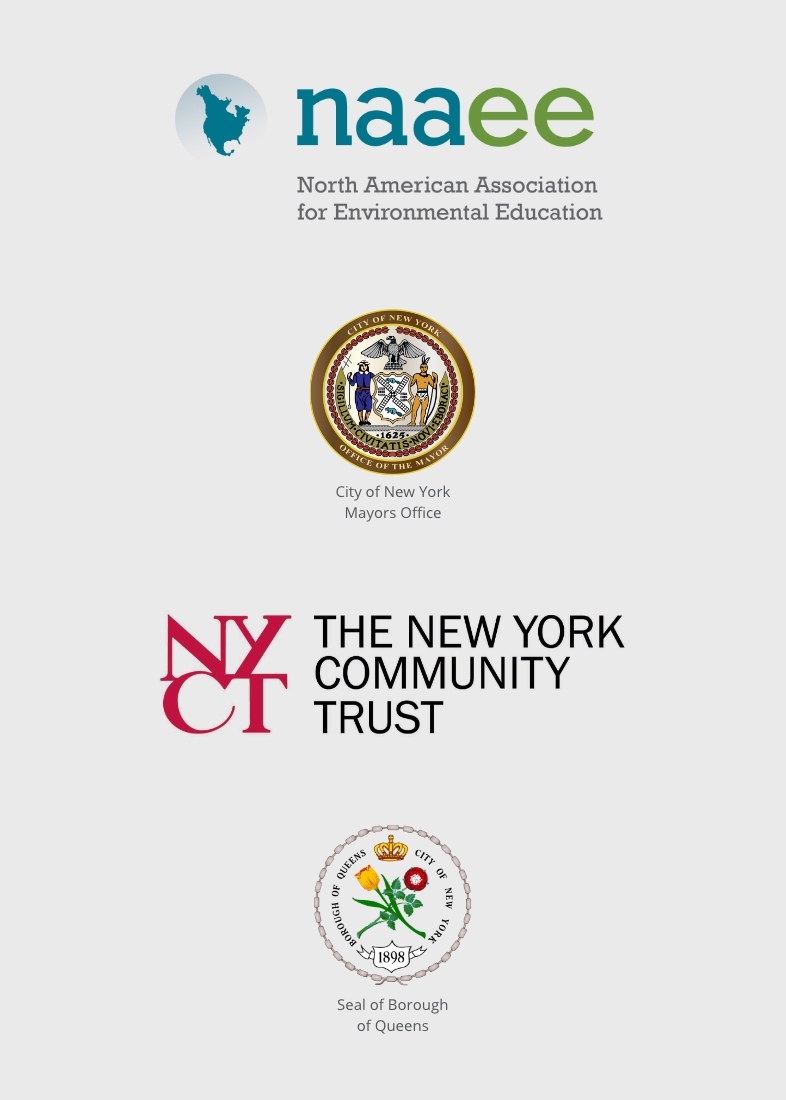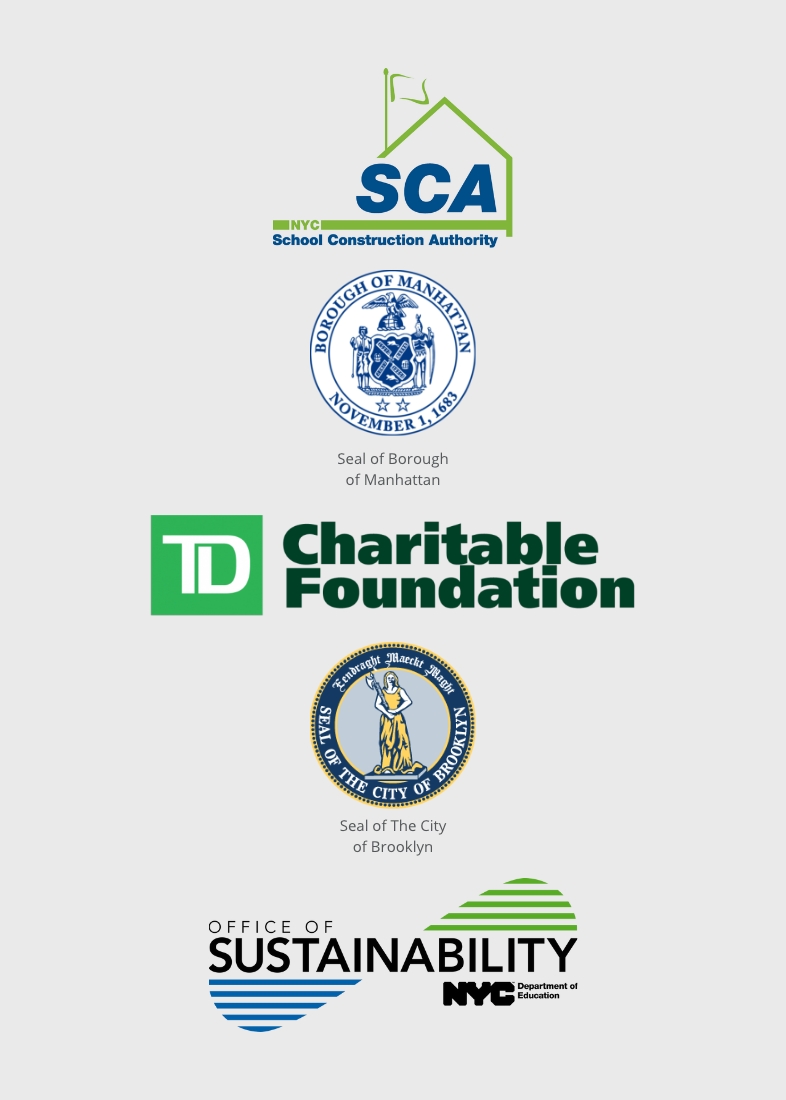Stories From Our Partner Schools
September 25, 2020
A Teacher’s View: Lamesha Self, from PS 180 in Harlem
“We’re all learning here. We’re learning to be more flexible than we ever thought we’d have to be.”
Lamesha Self is the hydroponics teacher at PS 180 in Harlem, where she teaches K-5th graders how to grow food hydroponically and all about science and sustainability through the lens of urban farming. A teacher for 18 years, this past year was Lamesha’s first year in the hydroponics lab. She talked with NY Sun Works in August about why she likes the hydroponics program, what this past year has been like, and how she’s preparing for this upcoming school year.
How do you like teaching in the Greenhouse Classroom?
The hydroponics program starts children and their families thinking – because children come home and teach their families – about a different way, a healthier way of thinking about food. Kids are so enthusiastic about fruits and vegetables and growing food organically, and it’s so exciting to see the kids’ enthusiasm.
The program opens up ideas, things students never would have thought about before. Like that farming isn’t just on regular farms, that it can happen in urban farms, and that traditional farming isn’t sustainable. We can’t keep knocking down the forests and putting pesticides on the ground. Kids love that this is organic farming. We don’t even use organic pesticides.
The lab is a major part of the school. No school tour is complete without visiting the hydroponics lab!
What was it like when schools shut down?
When COVID began, we’d just completed a harvest and were beginning a new seeding process. I took the seedlings home and put the worms in the surrounding school garden. Every Monday, I recorded a video about the nursery which I uploaded to Google Classroom to show kids what was happening with the plants. The kids were so excited to see the plants growing and had so many wonderful things to say.
We also talked about what plants they were growing at home and if they were eating foods with seeds. I suggested they try planting seeds or dry beans. Since some kids didn’t have plants at home, I created interactive video lessons where they could recreate the process on screen, like growing a sunflower, planting the seed, and watering the sprout.
But it was challenging for the kids. They weren’t used to remote learning. In the lab, they got to touch the seeds and the plants. I know they missed the lab because they kept sending messages like, ‘I miss you Miss Self. I miss being in class. I miss planting the seeds and growing the vegetables.’
How are you preparing for the new school year?
Hopefully my school will receive a grant to continue with the hydroponics science lab. Unfortunately, we are just waiting to hear back at this time. Without the grant my principal informed me that there’s not enough money in the budget because of budget cuts.
However, if we receive the grant and are back with a hybrid, I will be an in-person teacher. The lab will run as usual. The kids, however, will not travel to the lab so I’ll possibly teach virtually or travel to my students’ classes. l would also record videos of lessons and the plants’ progress. With the hybrid, the kids will have to make portable hydroponics using water bottles just like they successfully did when we left in March because of COVID.
During remote teaching this spring I was able to successfully have a remote science fair, so I’m also looking forward to seeing a lot more hydroponic science projects because I was definitely impressed with the few I had this year.
We’re all learning here. We’re learning to be more flexible than we ever thought we’d have to be. No one has a choice but to be flexible.
FRIENDS OF NY SUN WORKS
Join Our Mission to Grow Tomorrow’s Climate Leaders.









